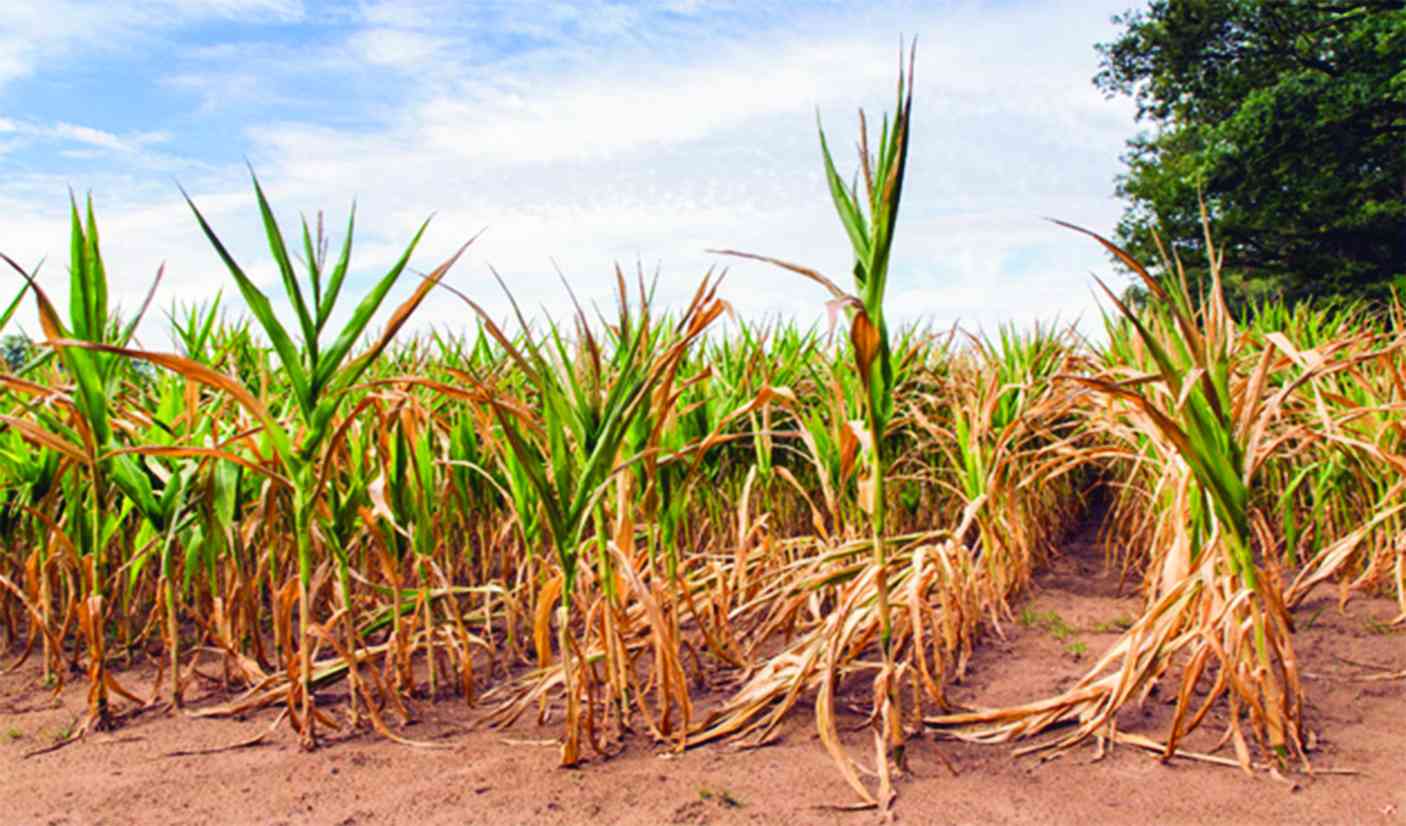
ZIMBABWE this week celebrates National Nutrition Week. Every year, the week from September 1-7 is dedicated to raising awareness of the importance of nutrition in socio-economic development.
This year the commemorations will run under the theme “Healthy Diet, Going Affordable for All”.
National Nutrition Week has become an annual ritual to raise awareness about the importance of nutrition and to promote healthy eating habits worldwide. It serves as a platform for stakeholders to come together and discuss strategies to address pressing issues relating to nutrition and food security.
The week-long event typically includes conferences, workshops, seminars and campaigns focused on conscientising members of the public on nutrition-related issues.
During the week, experts from different fields come together and share knowledge and experiences, highlighting the significance of proper nutrition in maintaining good health and preventing diseases.
Areas that always become topics for discussion during this week include the impact of diet on overall well-being, the role of nutrition in disease prevention and management, sustainable food systems, food security, and the importance of balanced diets.
Throughout the week, various programmes are rolled out to engage communities and encourage them to adopt healthier lifestyles. These initiatives may include public awareness campaigns through media, educational programmes in schools and workplaces, cooking competitions showcasing nutritious recipes, distribution of educational materials on healthy eating habits, and collaborations with local communities to address specific nutritional challenges.
Breastfeeding
- WFP brings relief to food insecure urban areas
- Bullets shoots down students
- WFP brings relief to food insecure urban areas
- Nurses fume over paltry govt loans
Keep Reading
One prominent feature during the week is the promotion of breastfeeding. Breastfeeding is regarded as one of the most effective ways to ensure optimal nutrition for new-born babies.
Experts say it provides critical nutrients that are required for growth and development at the same time offering much-needed protection against infections and diseases.
The government and stakeholders, such as the Ministry of Health and Child Care and the Food and Nutrition Council have lined up a number of programmes to raise awareness about the benefits of breastfeeding and provide support to mothers in initiating and sustaining breastfeeding.
Advocacy
This week also provides a platform for advocating for the adoption of policies and interventions that promote nutrition security at the national and global levels.
This includes addressing issues, such as food affordability, accessibility, and quality. Food and nutrition security exists when all people, at all times have physical and economic access to sufficient, safe and nutritious food to meet their dietary needs for a healthy and productive life.
Governments and non-governmental organisations use the week to discuss strategies to improve food systems, reduce food waste, enhance agricultural practices, and ensure equitable access to nutritious foods for all populations.
To this end, the Government of Zimbabwe a few years ago launched the Food and Nutrition Security Policy (FNSP) whose goal is to promote and ensure adequate food and nutrition security for all people at all times in Zimbabwe, particularly among vulnerable group.
This was after realising that malnutrition is one of the most serious health problems affecting infants, children, and women.
In recent years, the week has also focused on the impact of nutrition on sustainable development. It recognises that nutrition plays a crucial role in achieving several Sustainable Development Goals set by the United Nations, particularly those related to poverty eradication, health and well-being, education, gender equality, and environmental sustainability.
What it means is that the nutrition week provides an opportunity to explore innovative ways to integrate nutrition into broader development agendas.
Enter climate change
However, climate change has disrupted and is threatening humanity. It has had significant effects on nutrition, impacting both food production and its nutritional content.
These effects are multifaceted and can have dire consequences for human health and well-being. That said, it is crucial to understand how climate change impacts nutrition security in order to develop effective strategies for mitigating its negative impacts.
Reduced agric productivity
Climate change poses a threat to global food production systems, affecting crop yields, livestock productivity and fisheries. Rising temperatures, erratic rainfall patterns and extreme weather events, such as droughts, floods, and storms usually result in reduced agricultural productivity and crop failures.
Such disruptions in food production result in decreased availability and access to nutritious foods, leading to malnutrition and food insecurity.
Climate change disrupts food systems at various levels, from production, distribution, and access. Small-scale farmers who rely on rain-fed agriculture are particularly vulnerable to climate-related risks, as they often lack the resources and infrastructure to adapt to changing conditions.
Such disruptions in food systems lead to price volatility, reduced availability of nutritious foods, and limited access to markets, exacerbating food insecurity and malnutrition.
Climate change can have profound socio-economic impacts, affecting livelihoods and income generation opportunities. For communities dependent on agriculture, such as in Zimbabwe, reduced crop yields and increased vulnerability to climate-related risks can lead to loss of income and employment.
This can further limit access to nutritious foods, perpetuating a cycle of poverty and malnutrition.
Non-communicable diseases
Climate change can contribute to both undernutrition and overnutrition. In regions where food production is severely affected by climate change such as in rural areas, there is an increased risk of undernutrition due to reduced availability and access to diverse and nutritious foods.
On the other hand, changes in food availability, combined with factors such as urbanisation and globalisation, can lead to shifts in dietary patterns towards more processed foods which are unhealthy as they are high in fats, sugars and salt.
This can contribute to an increased risk of obesity and diet-related non-communicable diseases. This could explain why Zimbabwe has of late been experiencing a surge in cases of communicable diseases.
Non-communicable diseases are a number one cause of death and disability in the world, collectively accounting for 74% of all global deaths.
Indigenous communities have deep connections with their local ecosystems and rely on traditional food systems for nutrition and cultural identity. Climate change poses a threat to such systems, as it can disrupt the availability of traditional foods such as fish, herbs, game, and wild plants.
Many herbal plants are facing extinction because of climate change. These traditional herbs have been used for centuries in various cultures for their potential health benefits. This not only affects the nutritional well-being of indigenous communities, but also undermines their cultural heritage and traditional knowledge systems to food production and preparation.
Way forward
Since climate change has far-reaching effects on nutrition, impacting food production, altering the nutritional content of crops, compromising food safety, disrupting food systems, affecting livelihoods and income, increasing the risk of both undernutrition and overnutrition, and threatening indigenous food systems, so National Nutrition Week reminds us to come up with comprehensive strategies to mitigate and adapt to climate change so that we ensure food security and promote nutrition for all.
- Chiduku is a communications, public policy and governance expert with interests in agriculture, climate change and environmental issues. He writes in his personal capacity. — cchiduku@gmail.com or call/WhatsApp +263 775 716 517.






